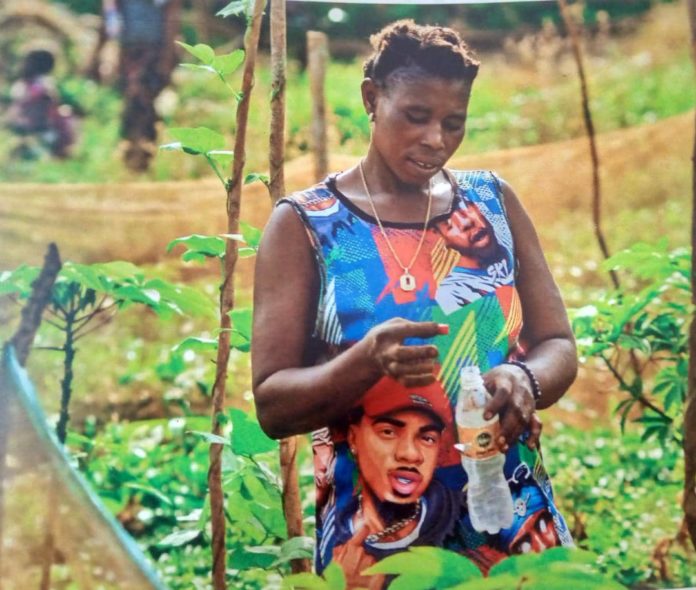By Ibrahim Kabba Turay
As a way of improving sustainable agriculture, food and Nutrition security and climate resilience in rural communities, the United Nations in their 2022 Annual results report presented to the media disclosed that they were able to support over 10,000 farmers to improve sustainable agriculture.
FAO representative, Saeed A. Bancie, said in 2022, 10,005 farmers including 395 boys, 370 girls and 11,173 community members benefitted from access to information, inputs, technology, financial services, and linkages to markets made possible through strengthening governance and systems on sustainable and climate smart agriculture fishery and agri-business.
He said over 7,720 farmers across 6 districts accessed information and support to improve agricultural practices and use of technology through 140 farmers’ field schools, and 78 farmer groups and 57 agriculture extension works and community youth were contractors.
“1,000 inland valley swamp farmers, 501 farming households, and 170 farmers were supported on inland valley swamp cultivation, Gender Action Learning system with nutrition education, and good agricultural practices certification through farmer field school and farmer cooperatives,” he said
He said a total of 765 youth including 370 young women from five districts-Bo, Kenema, Kono, Tonkolili and Western Area Rural were supported with information inputs, and technology on sustainable and climate-smart agriculture, fishery, and agri-business.
He further states that, 10,176 households accessed financial services and support from 76 rural financial institutions and village savings and loans association, and agriculture financing facility, noting that in 2022, 1,350 community leaders,66% women, 34% men from 45 farmer groups in 4 districts were trained on financial management, group cohesion and business principles.
He said a total of 1,106 farmers from 146 farmer groups benefited from increased incomes and improved linkage to structured markets and the home-grown school feeding program, adding that more than 500,000 people from five districts-Falaba, Kambia, Koinadugu, Port Loko and Tonkolili benefitted from strengthened governance sustainable management of fisheries, farmer group mobilization and management, and electrification efforts toward increased livelihood and income through access to technology, finance and markets.
Bancie explained that the results they’ve shared are their output level as an organization, but was quick to state that some of the expected results may not be seen immediately.
In order to ensure food sufficiency, UN Resident Coordinator Babatunde Ahonsi said they have done a lot, stating that if one is to deduct the efforts they’ve made as an organization, one would see the huge gap they have covered.
He stated that one of the challenges the country has faced over the years is food import dependency, stating that Sierra Leone spends a huge sum of money annually for the importation of food, especially rice.





